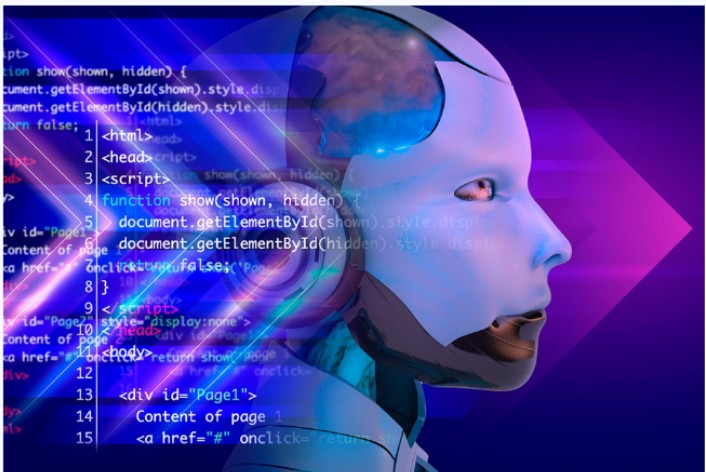The evolution of Artificial Intelligence (AI) has ushered in a new era across various sectors, with the video industry being one of the most significantly impacted. AI script generators, in particular, are revolutionizing how content is created, from pre-production planning to post-production edits. This article explores the transformative impact of AI script generators on the video industry, highlighting their benefits, applications, challenges, and what the future holds for this innovative intersection of technology and creativity.

Introduction to AI Script Generators
AI script generators are tools that leverage machine learning (ML) and natural language processing (NLP) technologies to create scripts for films, TV shows, commercials, and other video content. These AI systems analyze vast datasets of existing scripts and use patterns in language and storytelling to generate new, creative, and original scripts. The fundamental appeal of these generators lies in their ability to streamline the creative process and enhance productivity by automating one of the most labor-intensive aspects of video production: scriptwriting.
Enhancing Creative Processes
One of the primary advantages of AI script generators is their capability to enhance the creative processes within the video industry. AI script generator can generate multiple script variations quickly, providing creative teams with a range of narrative options to explore. For instance, AI can suggest alternative dialogues, plot twists, or character developments, which can be particularly useful during brainstorming sessions or when teams hit creative roadblocks.
Case Study: Netflix’s Use of AI
Netflix, a leader in the streaming service industry, reportedly utilizes AI to analyze viewer data and preferences, which informs not only their content recommendations but also aspects of content creation like scriptwriting. This data-driven approach helps in tailoring scripts to match viewer preferences, thus increasing viewer engagement and satisfaction.
Streamlining Production Processes
AI script generators also play a crucial role in streamlining production processes. By automating the initial drafts of scripts, these tools allow creative teams to focus more on refining and enhancing the story, rather than on the more mechanical aspects of script creation. This can lead to faster turnaround times and potentially lower production costs, as the need for extensive rewrites and edits can be minimized.
Efficiency in Script Editing
AI tools are equipped to assist in script editing by suggesting grammatical corrections, consistency checks, and even feedback on dialogue delivery. This capability can significantly reduce the editing workload on human writers and editors, allowing them to concentrate on more critical aspects of the script that require a human touch.
Personalization and Localization
Another significant advantage of AI script generators is their ability to personalize content. AI can analyze demographic and psychographic data to produce scripts that resonate more deeply with specific audiences. Additionally, AI can be used for localization efforts, adapting scripts to different cultures and languages, thereby broadening the potential audience base.
Example: Localization in Animation
Animation studios use AI to modify scripts for different international markets, ensuring that cultural nuances and preferences are appropriately addressed. This not only enhances viewer engagement but also expands the global reach of their content.
Challenges and Ethical Considerations
Despite the numerous benefits, AI script generators are not without challenges. One major concern is the potential for reduced creativity and originality. Relying heavily on data and existing content patterns can lead to homogenized scripts that lack the unique touch a human writer might provide. Moreover, there are ethical considerations regarding authorship and copyright, as it becomes difficult to discern the contributions of AI versus human writers.
The Future of AI in the Video Industry
Looking ahead, the role of AI in scriptwriting and the broader video production process is poised for further growth. Advancements in AI technology will likely lead to more sophisticated script generators that can handle more complex narratives and character development with greater sensitivity and nuance. Moreover, as technology becomes more integrated into the creative process, it is anticipated that new forms of storytelling will emerge, possibly creating entirely new video genres and content styles.
Conclusion
AI script generators are transforming the video industry by enhancing creative processes, streamlining production, and enabling personalization and localization. While they present challenges and raise ethical questions, the benefits they offer are substantial. As we continue to navigate this exciting intersection of AI and creativity, the potential for innovative storytelling and content creation is boundless. The video industry must embrace these changes with an open mind and a critical eye, leveraging AI not just to replicate human creativity but to augment and amplify it, pushing the boundaries of what video content can achieve.


